It’s Saturday night, 8 p.m. I’ve spent all day helping my girlfriend move into a new house, and tonight we’re celebrating, aka getting drunk. We’ve cooked dinner and now we’re upstairs in her attic bedroom uncorking a bottle of wine.
“Cheers,” she says with a smile and a wink, as a splash of red wine drops onto the freshly swept hardwood floor. “I’ve got an idea,” I say perking up, “I’ll dress you, and you dress me.” We’re going out to our favorite bar for an evening of dancing and beer. “Fair game,” she replies, and the fun begins.
Luckily, my girlfriend and I are the same size, plus we have a similar style. It’s expected for her freshly folded Sonic Youth t-shirts and velvet crop tops to become piles scattered across the floor. We’re getting carried away, but we don’t care. There’s music, there’s laughing, there’s questions like “Beanie or no beanie?” and “Olivia, what’s going on with my hair?” It’s my first experience dating a woman, and I’m in heaven. It’s all the perks of your platonic best girl friend, plus great sex.
I’m 22-years-old with three ex-boyfriends haunting my past. So, how did I end up here, dating a woman? Why here? Why now? The honest answer is: Chance. I grew up comfortable in my sexuality. I was raised in a liberal household; I moved to Portland (a city with a thriving LGBTQI community); I always knew that if I was queer I’d have no struggle being accepted or loved, but I just didn’t think I was.
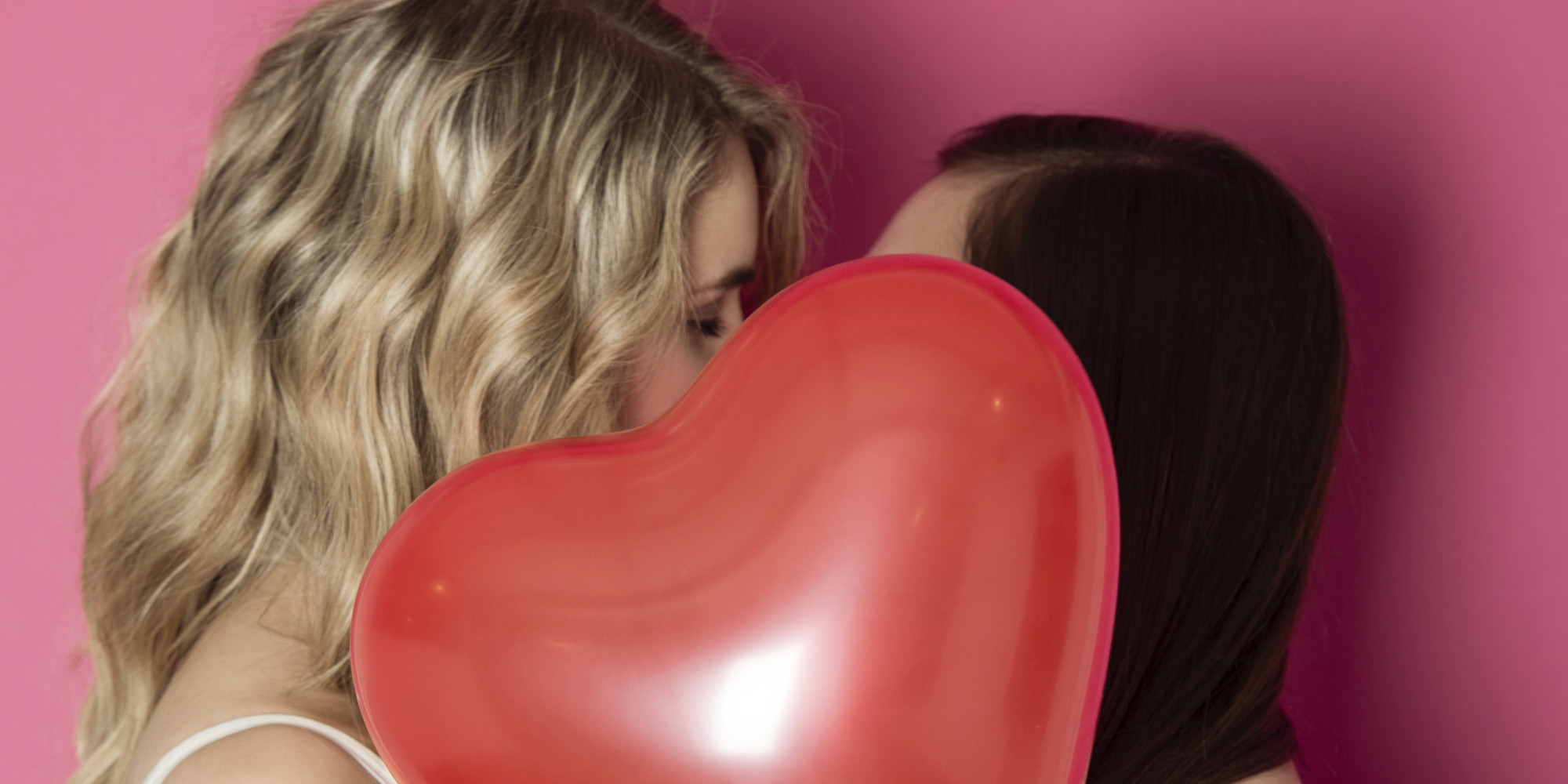
Though I solely dated men throughout high school and the majority of college, I toyed around with the idea of dating women. I asked a gay coworker to set me up with one of his girl friends, I set my Tinder results to female, I spent more time with my lesbian roommate. But none of the girls I met I felt an attraction to so I assumed: I must be straight.
But even though I considered myself “straight,” I was always open-minded. Who knew what kind of people would come into my life, who knew what gender I’d be attracted to? What if someday I met a woman on the subway or a trans man in a bar and fell in love? Love is love, and if it happened I wouldn’t be held back by my “straight” sexuality.
We met at a bistro—she was my waitress; I was studying abroad and new in town. I ordered a beer and sat by the window to read my book and when she started a conversation, I didn’t resist. She ended up inviting me to a party that night, which I hesitantly and nervously agreed to. But when she texted me the next morning saying what a pleasure it had been to meet me, and I got butterflies—that’s when I knew we weren’t “just friends.”
I was fearful. How did I care for a woman, how did I love a woman, how was I intimate with a woman? I felt like I was sixteen again—confused, horny and a virgin. But the attraction was real, and I could feel that something big was coming. So I gave into my vulnerability, I went with it.
As our relationship developed there were the obvious differences compared to my involvement with men. No pregnancy scares, a clean bathroom in the mornings and mascara to use if I forgot mine at home. But there were also things I didn’t expect—I felt more passion by being involved with a woman. Both physically and emotionally, the love was more intense.
I’m sure you’ve heard the statistics that lesbian women have better sex than straight women. If you haven’t, a recent study showed that while straight women climax 61.6 percent of the time from sex, lesbian women come 74.7 percent of the time. The reason is obvious.
As a woman you know what you like, so it’s a given that you’ll be able to better understand what your female partner likes. In addition to this, the sex is longer, the “roles” are more fluid and you’re not constantly worried about the condom breaking. I’ll admit, I was nervous to be 22-years-old feeling like a clueless virgin all over again. But, while being with a woman, I found I was less worried about doing the “right” or “hot” thing; instead I trusted my instincts and my emotions, and I enjoyed myself. And, in truth, sex should never be about doing the “hot” thing, but about paying attention and responding to your partner’s body and needs. It should be an expression of your love.
Being with men I always felt restricted in my emotions.
If I got angry or upset with a boyfriend I was simply the “crazy girlfriend” who was high-strung and overdramatic. But being with a woman I felt I could have bad days and not have to apologize. I could eat chocolate and cry before my period and not be met with a blank stare when I said “PMS.” And you know the conversations guys loathe having, the what-are-we-doing-where-is-this-going-how-much-do-you-love-me conversations; women love them! Women want to talk it out. I felt that I could truly express myself and be myself with my girlfriend, a feeling I’d never felt before. I knew she’d never judge me or criticize me, because she understood me. And that trust, that mutual confidence, resulted in a deep, deep love.
So what have I learned, why does this matter? I’ve learned that love is unexpected. It strikes at any time regardless of gender, sexuality or one’s past. And it matters because this is life—it’s short and shocking, and I don’t want anybody to miss out on anything because of fear, nerves or social normality. I consider myself queer now, and I’m proud to say it. I consider myself queer because my happiness is more important than what those around me consider “ordinary.”


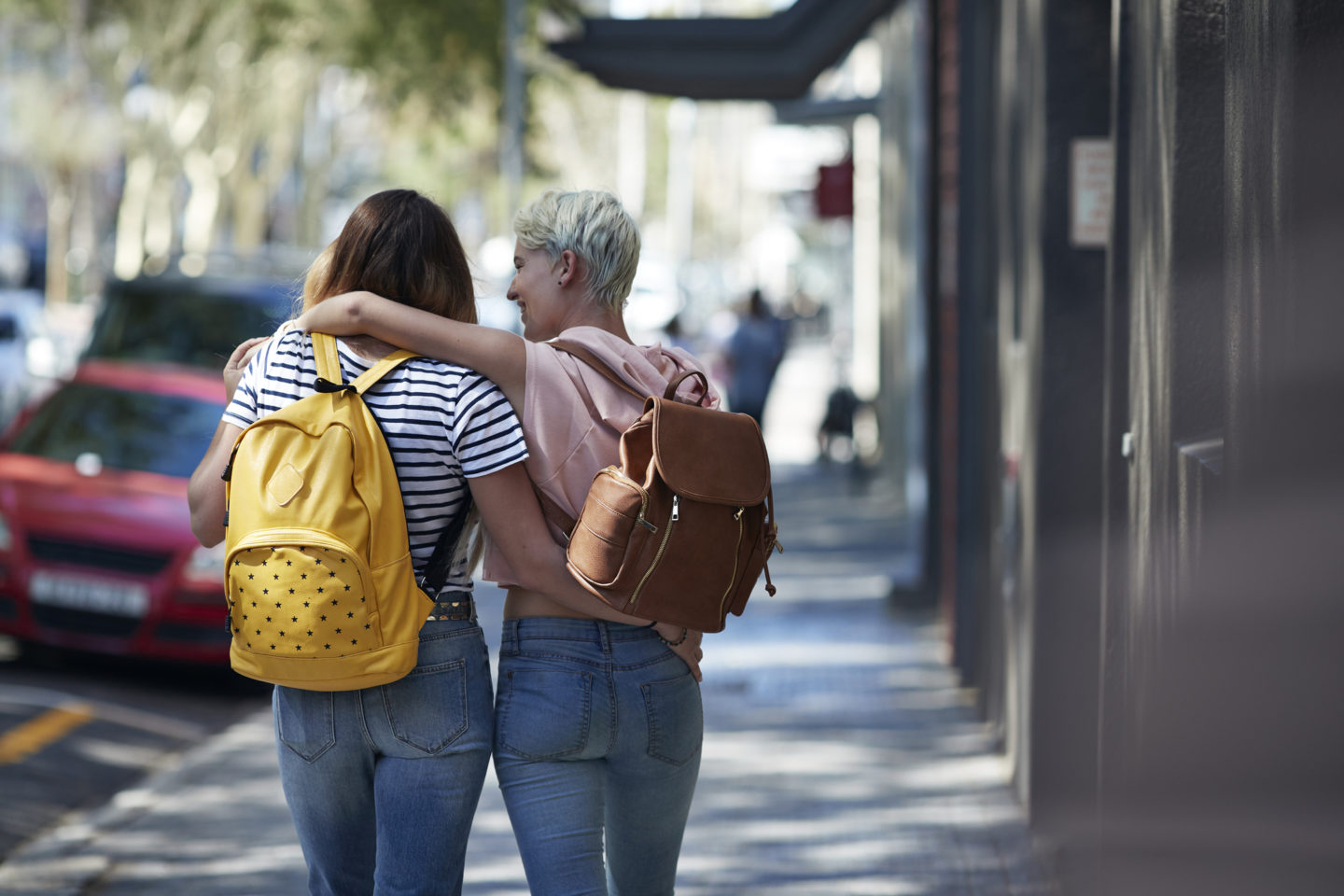

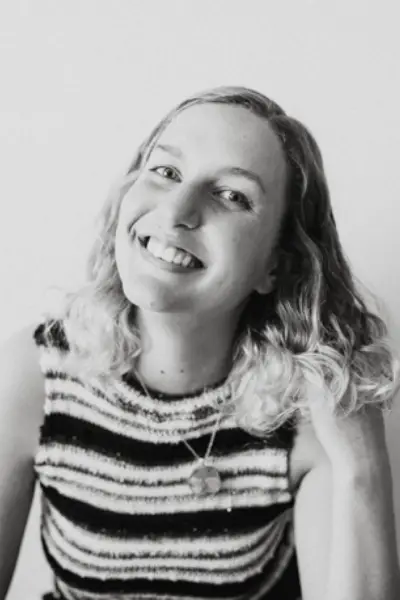

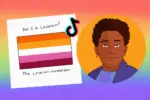
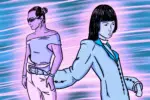

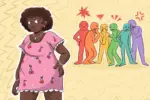


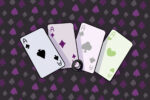





That was absolutely incredible read. So deeply insightful, touching and heartwarming to learn of your journey and beautiful written expression of it. Thank you so much for sharing it. I am very pleased to to learn of your incredible growth and insight
Here’s a quote from what you wrote…..”I consider myself queer because my happiness is more important than what those around me consider ‘ordinary’.” Here’s my question….”If someone else’s outlook about happiness is different from yours, would you consider them ‘ordinary’’?” And also, “Do you consider happiness to be the ultimate end goal in life?”